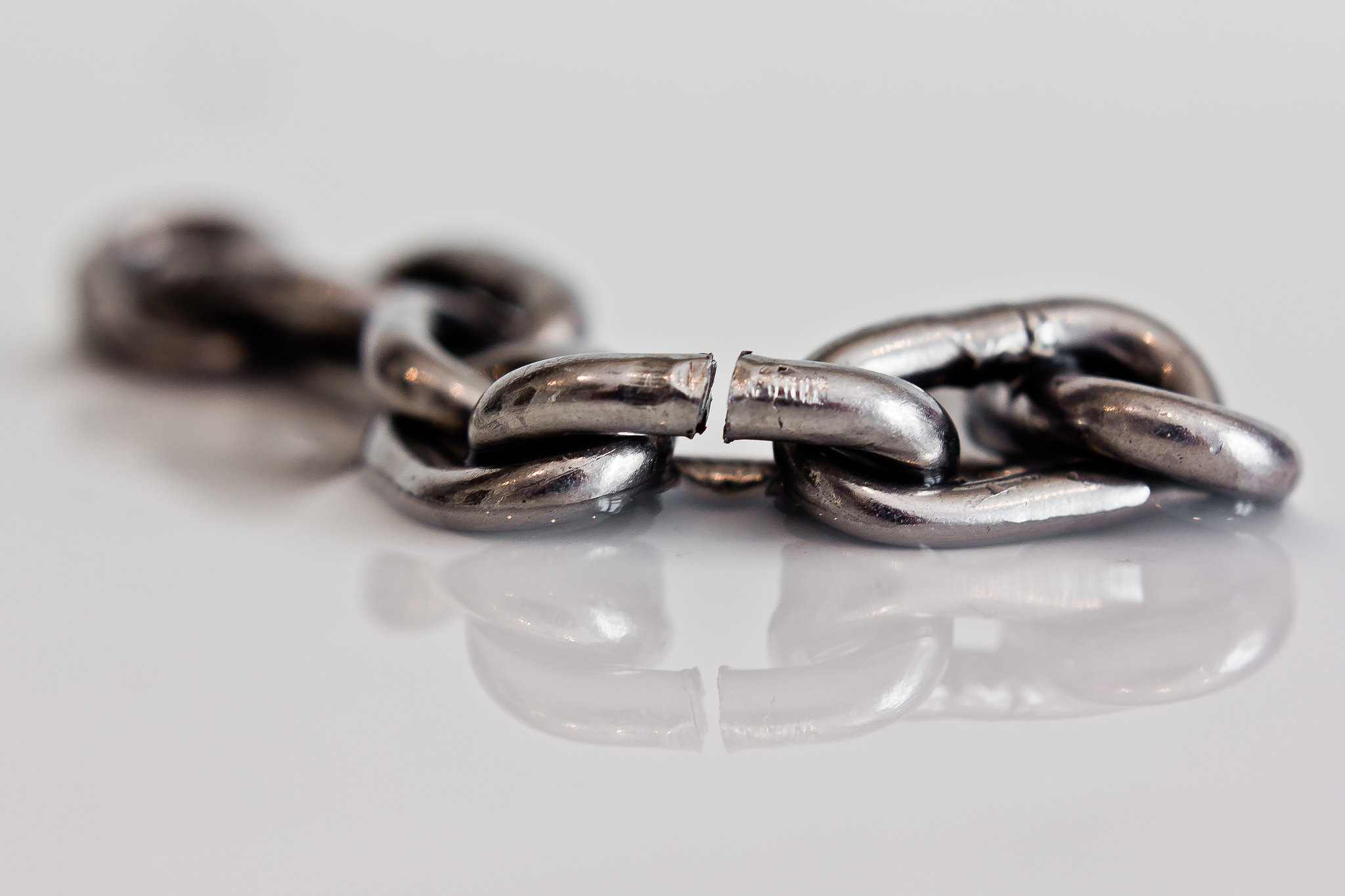I Am Barabbas
March 25, 2016 Leave a comment
I am Barabbas.
Who’s Barabbas? He’s an often overlooked, relatively minor, character in the events leading up to the death of Jesus on Good Friday. Many of us, myself included, tend to breeze past Barabbas as we read the Passion Week narrative. However, as I was listening to a sermon by Mark Dever a few days ago, he made a passing comment about Barabbas (38:45) that struck me: Barabbas is a preview of what we find in the gospel.
Like Barabbas, I was guilty of insurrection, rebelling against the lordship and sovereignty of a holy God.
Like Barabbas, I was imprisoned as a result of my sin and unable to free myself from its chains.
Like Barabbas, I was as good as dead as I awaited the just punishment for my rebellion.
This is a picture of the hopeless situation that Barabbas (and I) was in. But then, one day, a man named Jesus showed up and turned things around: Read more of this post


